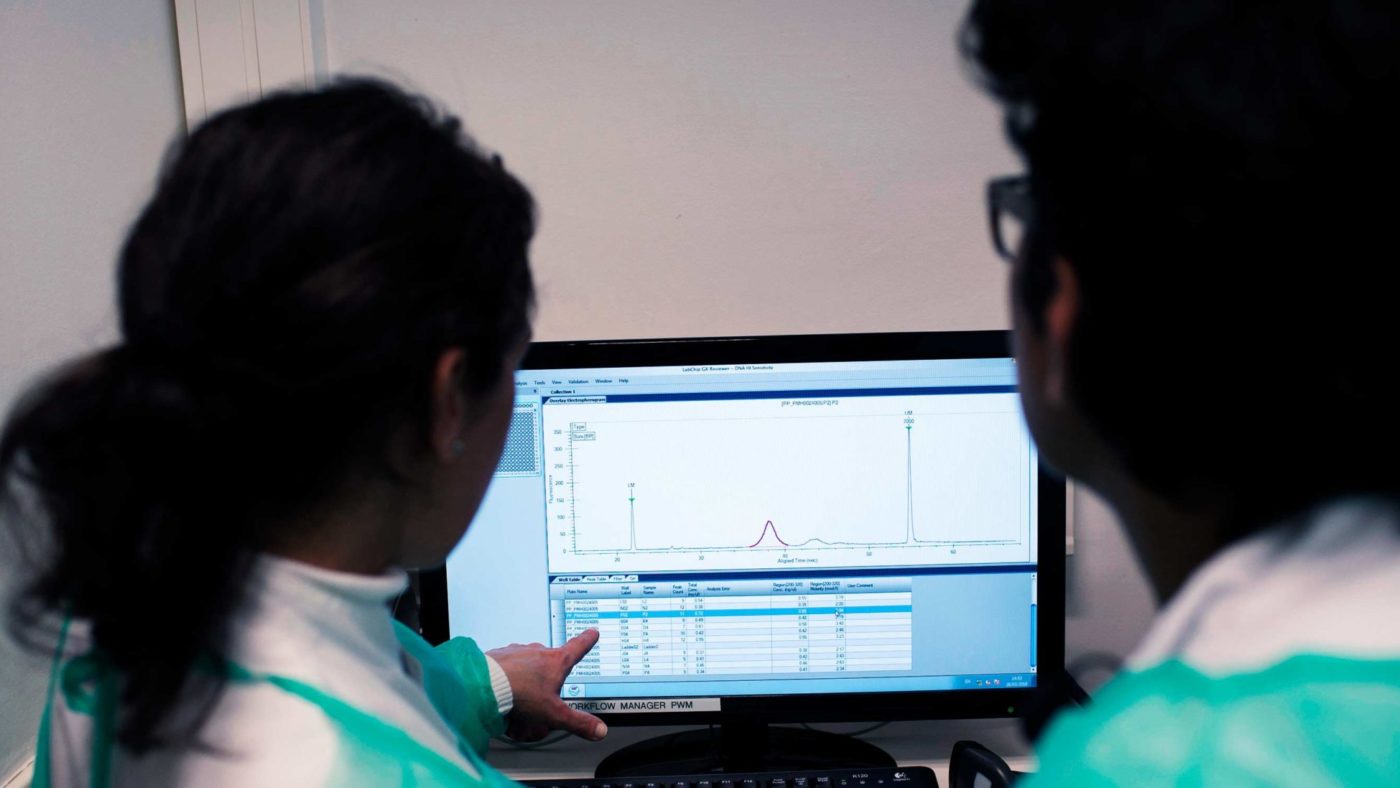The last few months have seen “femtech” hit the headlines – and not always in a good way. The ‘digital contraception’ app Natural Cycles has come under pressure with the Advertising Standards Authority ruling that it cannot advertise itself as a “highly accurate contraceptive” given that seven in 100 women using it will become pregnant – figures from a study run by the company itself.
The app was hailed by many as a convenient alternative to hormonal contraceptives, which while very effective (with perfect use fewer than 1 in 100 women will become pregnant) can come with other side effects, like migraines, skin problems and mood changes.
Women who fell pregnant unexpectedly while using Natural Cycles have shared their stories. Olivia, who had an abortion, said “I felt colossally naive. I’d used the app in the way I do most of the technology in my life: not quite knowing how it works, but taking for granted that it does. Speaking to others who bought the app as contraception (about 75% of Natural Cycles’ total user base, according to its CEO), it seems that many feel the same.”
Fertility trackers that promise to help you get pregnant have also come under scrutiny. A recent study analysed data from 20 websites and 33 apps. Of all of them, only one website and three apps predicted the precise fertility window. Stories like these will no doubt impact women’s confidence in technology, particularly as relying on an app or device to prevent or ensure a pregnancy requires a large amount of trust.
And it comes at a time when “femtech” is on the rise, with more than $1 billion in funding between 2015 and 2018 for products and services that use technology to focus on women’s health. Given the controversy over digital contraception apps, it’s tempting to feel a degree of pessimism about the future of the industry.
But I would argue that there are plenty of reasons to be optimistic. For a start, Femtech means we are seeing more and more services that are designed for women, by women. For example, sanitary products that no longer contain products like petrol-derived materials (rayon and viscose are examples of these) are being pioneered by companies like Thinx and Dame.
Female entrepreneurs are seizing the opportunity to disrupt an industry that has been historically dominated by men. There’s still a way to go until the tech industry embraces gender equality – in 2017, just 2.2 per cent of venture capitalist investment went to female-founded companies. So this surge in services focused on women’s needs is both welcome and much needed.
Let’s take breast-pumps, first patented in 1854 by Orwell H. Needham. They essentially mirrored the design of a machine for milking cows. That approach remained virtually unchanged until the 1980s. But now there are a number of female entrepreneurs on a mission to use new technologies to improve the experience. For example, Coroflo uses micro sensing technology to measure the force of the breast milk against a paddle – in effect, a nipple shield, with a sensor. This gives an accurate, real-time volume measurement via an app, so parents can be sure of how much milk their babies are receiving – incredibly important when a baby needs to gain weight.
New apps and services allow women to access trusted advice and support, whenever they need it. Baby Buddy (launched by the charity Best Beginnings) is a personal baby expert which guides women through pregnancy and the first six months of their baby’s life. In the US, Maven is a digital clinic designed for women, providing access to a range of specialists that focus on women’s health.
Femtech can also arm women with data and insights about their health. Period trackers like Clue can provide valuable insights into periods – including cycle length, flow and the link to mood. At-home fertility tests can provide insight on the number and quality of eggs, if a woman is ovulating regularly and how she might respond to fertility treatment. Armed with the right data and insights, as well as the right support, women can make more informed choices.
It’s also worth taking a moment to appreciate how far society’s attitudes to technology for women’s health have come. In 1976 doctors questioned the need for pregnancy tests altogether. They said women didn’t have enough technical training to follow the kit’s instructions and interpret the results accurately. Now the thought women can’t take a pregnancy test at home seems ridiculous.
Developing technology for women’s health – and the life-changing events and decisions that surround it – is a big responsibility that entrepreneurs and companies must take seriously. Otherwise we do risk a crisis of confidence. But we should also recognise that femtech offers a real opportunity to improve the lives of millions of women by empowering them to understand and manage their health.
Some women who have pressed pause on Natural Cycles for now, are optimistic they’ll be using it again in the future – welcoming the prospect of a non-hormonal tech-based contraception. As women, let’s recognise that there is much more to be done, and seize the opportunity. That’s a future I’m hopeful for.


